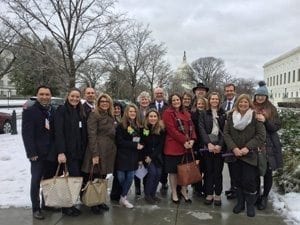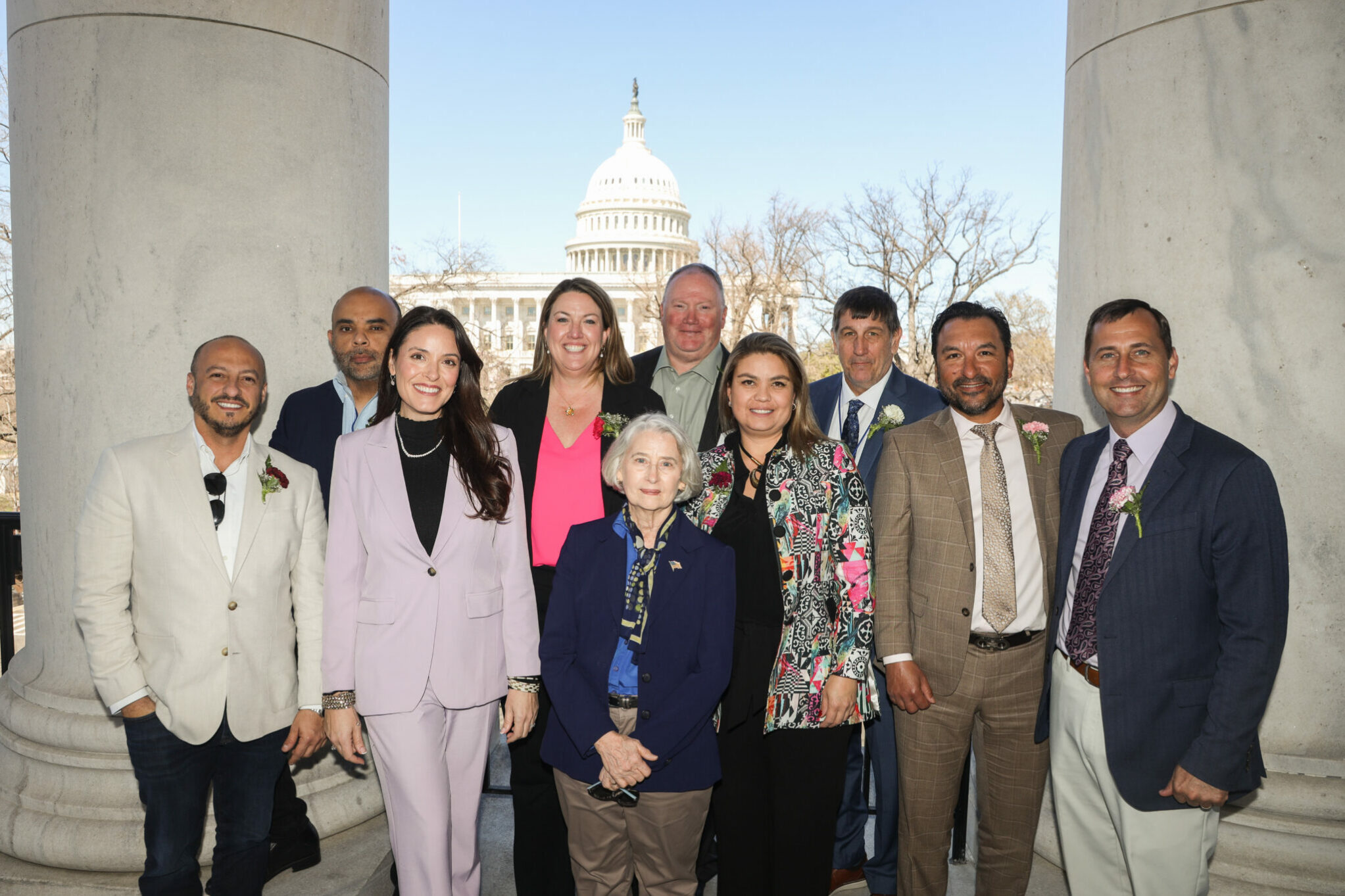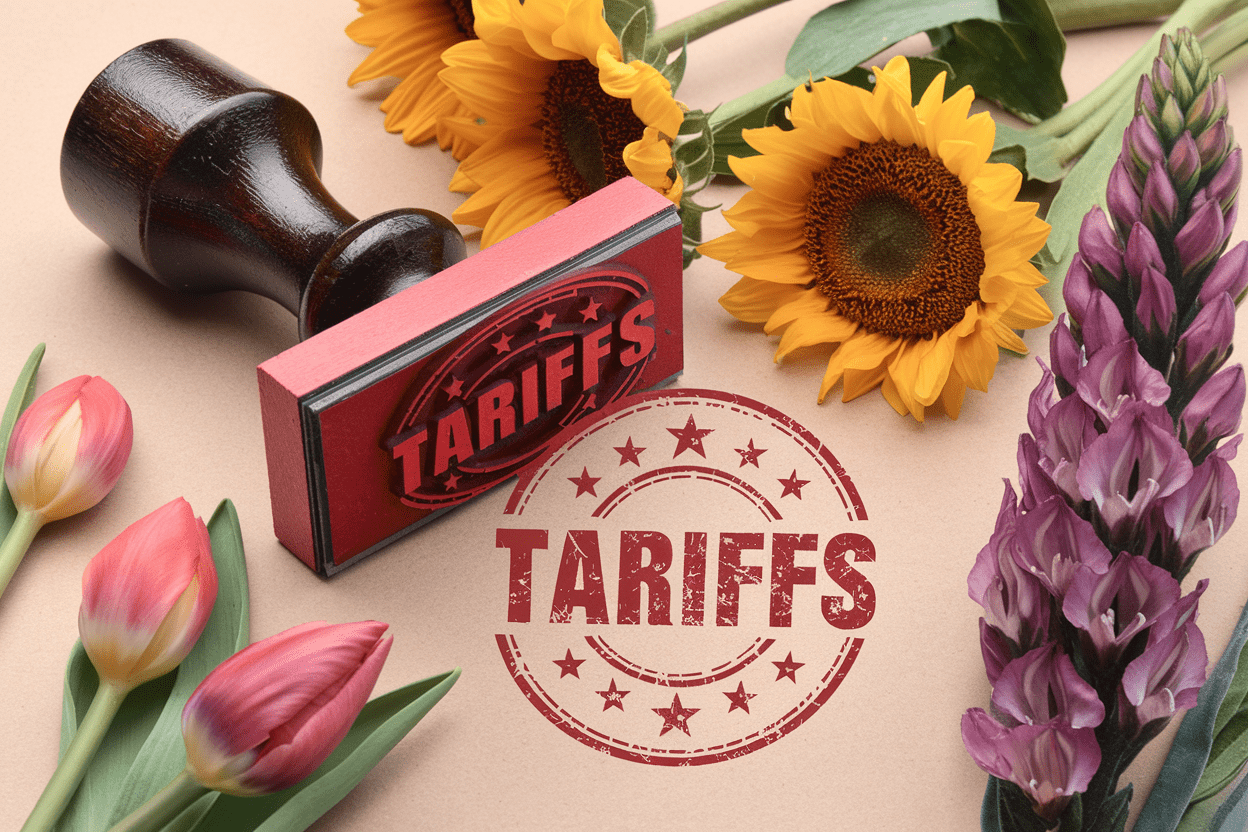
Nearly 120 industry members participated last month in the Society of American Florists’ 37th Annual Congressional Action Days. Among the issues they took to the hill: the proposed border adjustment tax.
A tax issue that Society of American Florists members discussed with lawmakers and key staff during SAF’s Congressional Action Days (CAD) is getting more attention on Capitol Hill — but its future is hazy.
The proposed border adjustment tax (BAT) is a significant change for businesses and supply chains, said Speaker of the House Paul Ryan (R-Wisconsin) at an event attended by SAF last week. If passed, he explained, BAT will likely be phased in over a period of up to 10 years, 67 allow businesses time to adjust. Ryan also said the border provision was critical to simplify the tax code, reduce rates and promote economic growth.
CAD attendees asked Congress to exempt imported agricultural floral products from the BAT, said Shawn McBurney, SAF’s senior director of government relations, who noted that tax reform remains a high priority for the new Congress and Trump administration.
The BAT, however, is still “far from reality and continues to face scrutiny,” he said. “The border adjustment tax proposal would remove the deductibility of costs of goods sold on imported products, changing the tax structure for businesses. The BAT is meant to create incentives for domestic production of goods, because companies would no longer be able to reduce their taxable income by deducting their overseas expenditures.”
Opponents of the BAT say it will lead to higher prices on a wide range of consumer goods. Companies such as Walmart, Nike, Target and other import-heavy businesses are actively opposing the tax. Supporters say a strengthened dollar would even out those effects and a drop in corporate tax would do even more.
During CAD, attendees told members of Congress and their staffs that domestic production of flowers is limited and that America’s floral industry relies on imported flowers from all over the world, McBurney said. In fact, about 80 percent of the flowers sold in the United States are grown overseas.
Here’s how the proposed border adjustment would be applied to two companies, according to McBurney:
Company A does all of its business in the United States. Company B imports all of its goods and sells them in the United States. For simplicity, both companies have $100 in revenue, $60 in costs of goods sold, and $40 in profit. The businesses pay a tax rate of 20 percent which is $8, leading to an after-tax income of $32.
Under the current tax model, all else being equal, both companies pay the same tax. Under the Republican proposal, a border adjustment would eliminate the deduction for the costs of imported goods and exempt sales of exported goods.
Company A would continue paying the same amount in taxes, since they do not import or export any products.
Company B, which imports all goods and sells domestically, would be unable to deduct its costs of goods sold. Therefore, the company would be taxed on its entire revenue of $100, paying $20, an increase of $12 in taxes paid.
Under the border adjustment proposal, economists predict that the U.S. dollar will appreciate, which, according to Republicans, will offset the effects of the tax changes to Company B.
Dramatically increasing the tax on imported flowers will hurt America’s floral industry, attendees said, and this is especially true for small Main Street retailers that already operate on very small profit margins.






